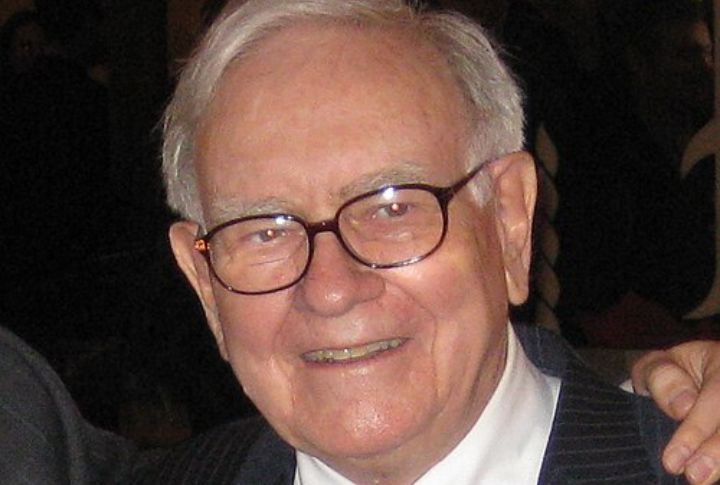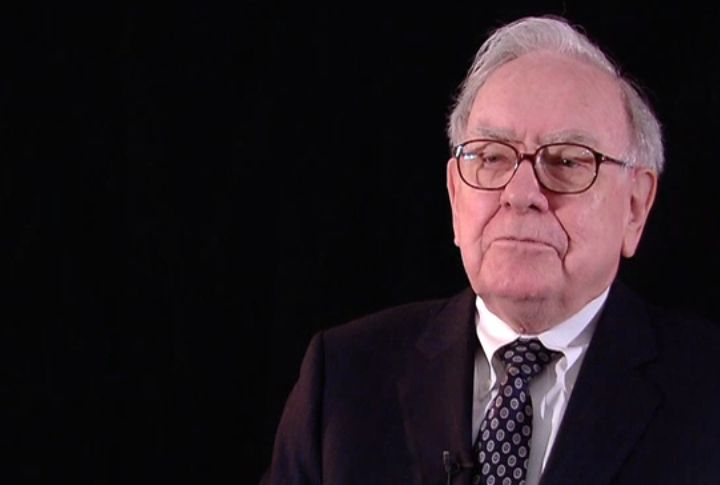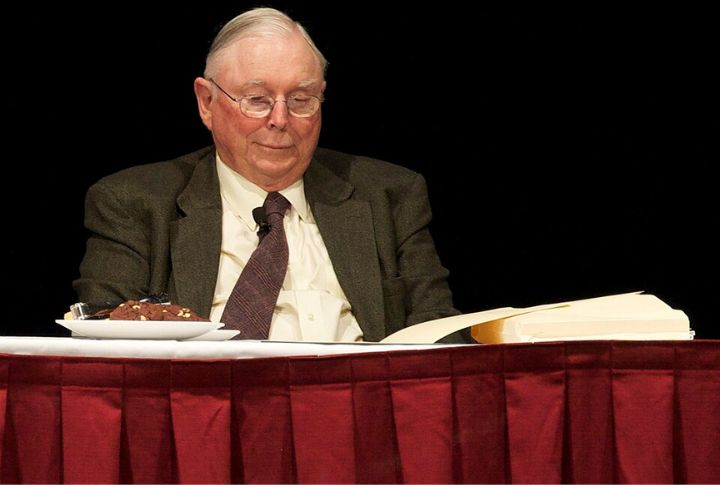
Warren Buffett once shared a 10-word answer about knowing he was rich, and surprisingly, it barely mentions money. True wealth, according to him, comes from the people we cherish, the passions we pursue, and the life choices that bring satisfaction beyond any bank balance. Keep reading to hear more.
True Richness Realized Early

Buffett’s realization of wealth didn’t come after a massive bank account. Instead, it surfaced when he noticed the joy in simple moments, the excitement in pursuing his interests, or the satisfaction of meaningful accomplishments. Money became secondary to genuine fulfillment and personal freedom.
Passions And People Define Wealth

What does it really mean to be rich? It goes beyond money and touches on the excitement felt when chasing passions and the comfort found in meaningful connections. Life feels fuller when energy goes into both interests and relationships, thereby creating richness in every day.
Opting Out Of Family Inheritance

Buffett’s choice to forego family inheritance shows that wealth is beyond starting advantages. It’s about what one builds independently. Stepping away from inherited comforts allowed him to define success on his terms, emphasizing autonomy over entitlement and effort over privilege.
Daily Life Remains Unchanged

Even as fortune grew, Buffett maintained routines and habits to prove that financial abundance doesn’t require dramatic lifestyle shifts. Simple daily rituals, like reading and enjoying modest pleasures, kept his life grounded while wealth quietly accumulated in the background.
Luxuries As Minor Perks

For Buffett, luxuries were small treats, rather than essential markers of richness. Owning a fancy car or big house didn’t alter his sense of happiness, because satisfaction came from his work and the freedom to live according to his values.
Choose A Job You Love

Engaging in work that inspires curiosity and passion often outweighs high salaries. Buffett’s career demonstrates that deep engagement in meaningful work fuels personal wealth in ways money alone cannot. He believes that enjoying daily tasks contributes more to life satisfaction than chasing purely financial rewards.
Avoid Unnecessary Complications

Focus shaped many decisions in Buffett’s life. His 10-word answer to when did you know you were rich is a true testimonial of that. For him, removing unnecessary distractions created room for deeper connections with a richer sense of fulfillment that money could never fully buy.
Ideal Living Environment

Does the place someone lives really affect happiness? Yes, a nurturing environment sparks growth and curiosity. Calm, inspiring spaces make focus simple and connections deeper. Living arrangements quietly shape daily life, while proving that richness goes beyond anything money can buy.
Long-Term Thinking Over Instant Gains

Buffett’s philosophy revolves around patience. He once said, “The stock market is a device for transferring money from the impatient to the patient.” His belief in long-term value—whether in business or relationships—defines wealth as endurance, not speed. True richness, to him, is the ability to think beyond the moment.
Inspiring Companions

According to Buffett, the people he admires and learns from—his mentors—are a major reason for his success. Working with long-time business partner and vice-chairman Charlie Munger and choosing his Berkshire Hathaway successor, Greg Abel, shows how he values capable colleagues. To him, being around inspiring individuals and environments defines real wealth.
